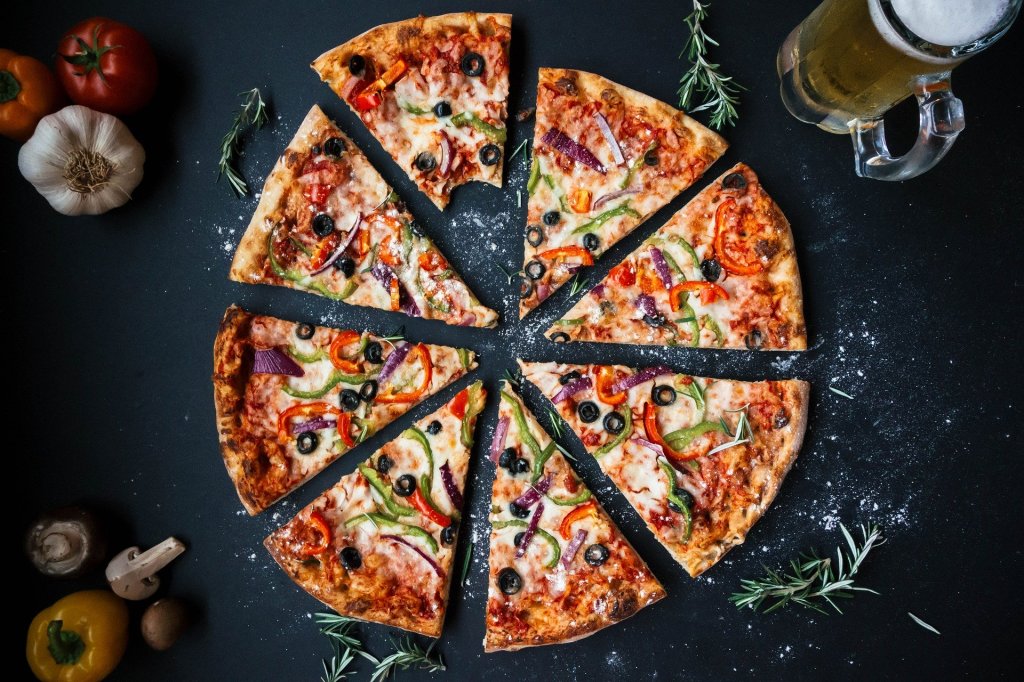My TOP5 of the easiest ways to support Earth includes; Reduction of Consumption, Composting, Recycling, Avoidance of Plastic, and a Plant-based diet. Last time, I wrote about reducing Consumption, today I want to take a look at the composting and limitation of food waste from the household perspective. Once again, those are the simple ways to take to help the Earth, but for some reason, the percentage of people taking action this way is low.
So, what do we create in our homes and kitchens for composting? Food scraps, something that we forgot to the fridge or something we did not like. We have peels of the fruit, moldy vegetables, some sad house plants, etc. Before we even think about composting, it is essential to think about why we have some of that material? Did we buy too much, could we have planned better, or did we perhaps store our food and leftovers wrong? In the USA, people create 80 billion pounds of food waste every year, and this means that 30-40% of our food supply goes somewhere else than in our stomachs. Sadly, often the food ends up in landfills to rot and releases Greenhouse gases. Globally we create 1.3 billion tonnes of food waste annually! Considering the number of people suffering from hunger, this is unacceptable. Reducing food waste is the step to focus on before composting.
If we could plan and optimize better what we buy (and save money), the situation would be better already. It is also possible to regrow some of the food we buy and consume. Many vegetables – lettuces, herbs, etc. – grow again from the roots or scraps, and YouTube is full of instructional videos. Maybe we could donate the food for those in need if we have too much? Could we feed animals with the leftovers or scraps? After these possible steps, the best thing to do is to compost.

I have written about composting and its benefits. The benefits of it are many and remarkable, so why do we resist? Even in the countries and cities, where separating the organic waste is mandatory and often arranged by the local authorities, a lot of food waste ends up in landfills or waste incinerators. For example, in Helsinki – the capital of Finland – 50% of people do not put their food waste in bio-bins but to mixed waste instead. Don’t we remember, are we just reluctant, or don’t we think that sorting our household waste is essential? It sometimes could feel like an extra effort to sort and then take the already smelly and weirdly leaking bio-bag out but is that such an effort? Can the reason be the seek for convenience?
Organic waste pick up is not always offered by the city, but many private companies are offering that service. It is not expensive but an extra payment anyway. Sometimes, perhaps, the costs are the reasons why people decide not to start sorting their household waste, but everything depends on the perspective. At the moment, my family pays 59.99 USD for six months. The payment includes weekly pick-ups, and at the end of the year, we can get the soil created from our waste to our selves and use it in our garden.
What do you think – would you be able to optimize your food consumption, and could composting be a thing to consider? What is the thing that might motivate you to take that action?
Featured picture:Igor Ovsyannykov Pixabaystä

Leave a comment